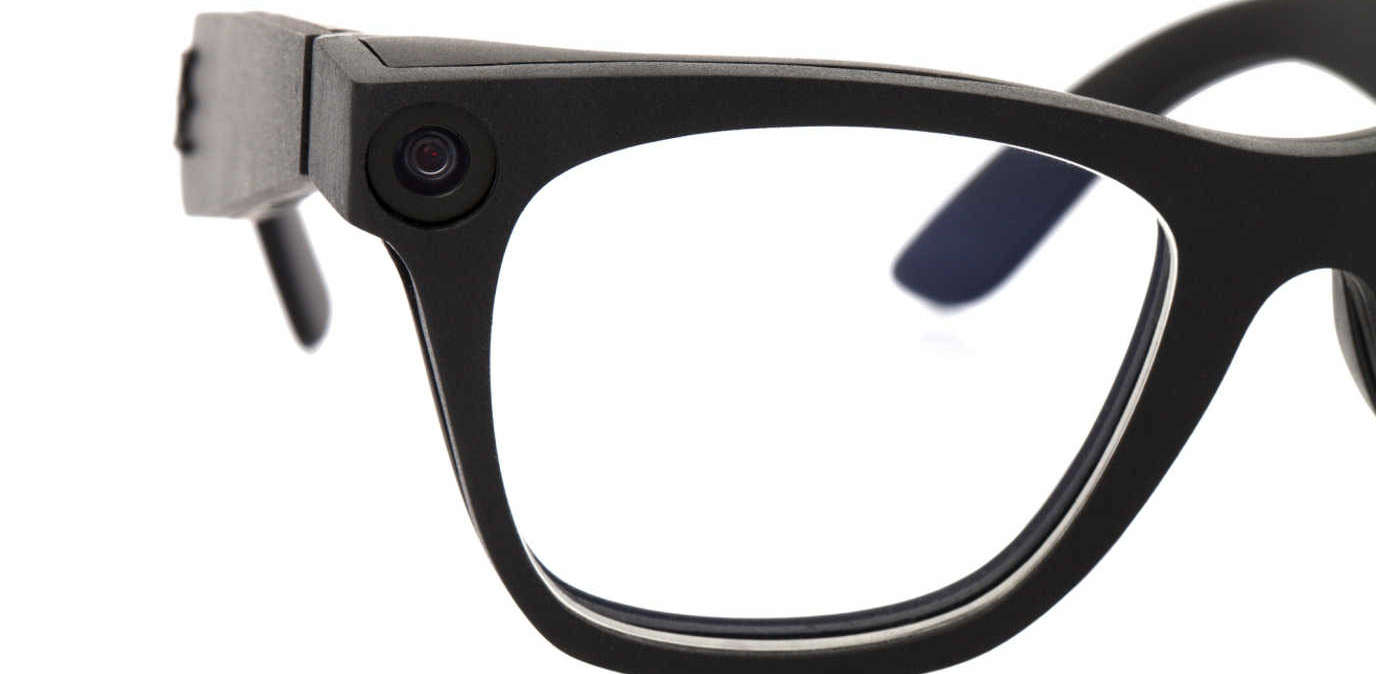Wearable technology: market growth, rapid innovation and developing policy
by Inline Policy on 11 Jul 2014
Clothes which measure your heart rate and locate you via GPS while you run. Smart watches that can be used as an extension of your smartphone. The ability to access the internet with your glasses. These are just a few examples of the most recent wearable technology devices.
But is there enough demand for these innovative products? According to the International Data Corporation (IDC), estimated global sales will exceed 19 million units in 2014, more than triple last year’s sales. In 2018, sales are predicted to increase up to 111.9 million units.
Companies traditionally involved in other areas of the technology industry are also looking to make their mark on this growing industry. For instance, the UK-based Oxford Metrics Group, whose traditions lie in developing motion capture technology used by the film, TV and computer game industries, are launching “Autographer”, a pioneering and versatile wearable camera and the first consumer product launched by the Group.
Privacy issues: at the heart of the regulators’ concerns
As these products go mainstream, regulators are growing wary of the issues associated with these new technologies, especially with regards to data protection. In 2013, Jennifer Stoddard, Privacy Commissioner of Canada, and thirty-six of her national and international counterparts, issued a letter to Google asking about the data protection implications of Google Glass. They also urged the online giant to consult and engage in a dialogue with the relevant authorities as they were still developing the product. Some of the questions posed included:
- If and how Google Glass complies with data protection laws?
- What information is collected via Google Glass and what information is shared with third parties, including application developers?
- How does Google intend to use this information?
- How does Google intend to address the specific issues around facial recognition in the future?
- Is Google doing anything about the broader social and ethical issues raised by such a product, for example, the surreptitious collection of information about other individuals?
Google was also asked by a Congressional bi-partisan privacy caucus in June 2013 to describe how privacy would be protected when Google Glass was released. The group has said it was disappointed by the answers which Google provided to its inquiry, as the internet giant did not address some of the key questions. For instance, Google’s response to a potential amendment of its privacy policy, was: “Use of Google Glass will be governed by the terms of the Google Privacy Policy. No changes to the Google Privacy Policy are planned for Glass.”
In the UK, the Information Commissioner’s Office (ICO), which regulates data protection, announced that Google Glass wearers may be breaking the law if they used the device for non-personal reasons. According to the regulator, any wearable technology device, which is able to capture video or pictures, should address the issues raised in its CCTV Code of practice. The ICO has also touched upon some of the issues it is concerned about, namely the ability to share data with others or devices which use face recognition features. In the words of Andrew Paterson, Senior Technology Officer at the ICO, “the rise of wearable technology brings exciting new possibilities... But organisations must not lose sight of the fact that wearables must still operate in compliance with the law and consumers’ personal information must be looked after”.
However, some of those involved in the industry do not believe that new regulation is necessary. Francisco J. Hernández, Chief Manager Officer at Eyedak, a company in the process of launching a product that uses a Smartphone as a platform for Augmented Reality applications, believes that the current regulatory framework is sufficient: “My personal opinion is that the government should not regulate all these new devices. The problem is not what people record; the problem is what people do with those recordings, and this is an area already regulated by the Data Protection Act.”
The European Union is still in the process of finalising new pan-European data protection rules, which will be shared among 28 member states, and will have consequences on the way that companies use their customers’ online information. The new regulation will affect any company, either European or non-European, which collects and processes data from EU customers.
An increasing number of other issues are impacting the industry…
The UK Cinema Exhibitors Association has warned its customers to ‘remove Google Glasses and similar camera-fitted wearable computers over privacy and piracy fears’, due to their ability to record both video and audio. Similarly, in the US, the Alamo Drafthouse cinema company has banned such devices; and the Motion Picture Association of America (MPAA) has even contacted Homeland Security over those issues.
Related with data privacy, bars, pubs and other establishments have also become increasingly concerned about the ability of these devices to record other individuals, without their knowledge or permission. In San Francisco’s tech district, The Willows bar has posted a sign forbidding customers from using them in its premises: "Our patrons have expressed concern with being recorded while enjoying themselves at the Willows. Kindly Remove Before Entering." In Seattle, the owner of the 5 Point Café said: “…we don’t let people film other people or take photos unwanted of people in the bar, because it is kind of a private place that people go.” In the UK, coffee chain Costa has said that its staff is not allowed to wear Google Glasses during working hours and that customers must make an “appropriate” use of the device.
With regards to road traffic regulation, it seems obvious that such devices could potentially be banned, as – just like mobile phones – they may distract the driver. However, Google Glasses support GPS navigation. Interestingly, a judge in California has recently ruled that driving with Google Glass is legal in the state, as long as it is turned off and/or not in use. Nonetheless, other US states have different approaches. For instance, lawmakers in New York, Delaware, Maryland, Illinois, New Jersey and West Virginia have already tried to ban the use of Google Glass while driving amid fears that they may cause road accidents.
In the UK, the Department for Transport has said that individuals are allowed to use Google Glasses if the information displayed is related to driving. However, Google is developing the device further so that it is safer for drivers.
A bright future for wearable technology?
Wearable technology is a broad industry which encompasses businesses from different subsectors, such as health and fitness, entertainment, clothing, medical devices, camera and film equipment. The various uses, applications and benefits are endless. However, as new products are developed, existing regulatory frameworks will need to be refreshed and new ones created. It is uncertain to what extent regulators will be able to keep up with the fast growth of the wearable tech industry.
Two main regulatory areas, namely data privacy and consumer protection, will increasingly need to take into account new uses and features of wearable take devices. As such, developers and manufacturers will have to design new products and applications with privacy rights in mind, with regards to the use of transparent tools, simple and clear information about the collection and processing of data, etc. Safeguarding collected and stored personal data will also be critical. Similarly, creating devices which do not pose a threat to the safety and security of consumers will be fundamental to success.
By Elena Magrina, Policy Analyst at Inline Policy
Photo by Cory M. Grenier (CC BY-NC-SA 2.0)
Topics: Wearable technology, UK business, Innovation policy, Economic policy, Big Tech








Comments